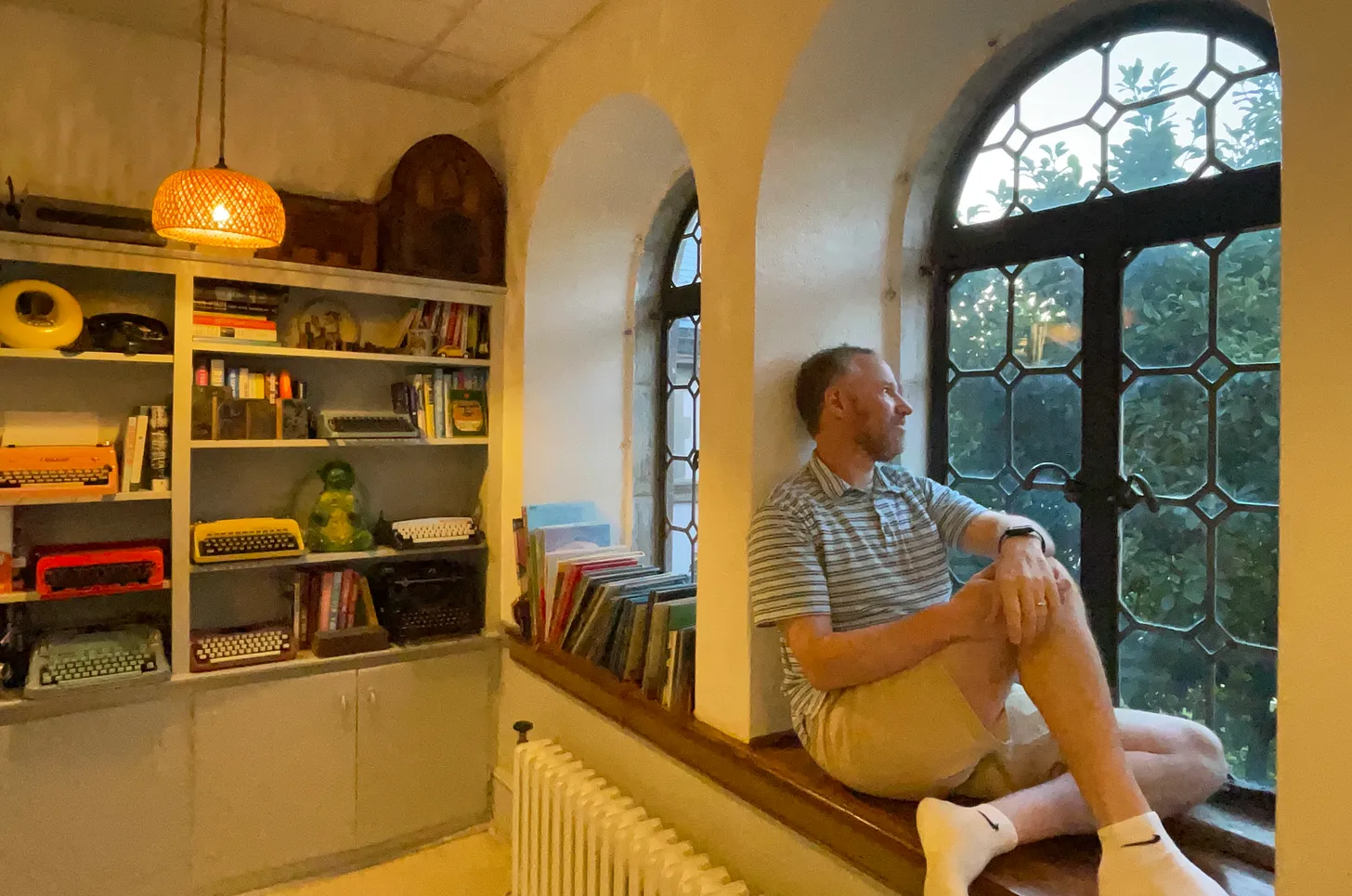Earlier this week I was reading advice that Emma Gannon shared about how to get published, and she included this:
“Know your audience. Close your eyes and imagine them reading it. Who are you writing this for? Think of them, or one person, when you’re writing.”
This is what I spend so much time helping writers get clarity on — knowing who their audience may be, and then building a gateway to reach them through their writing. In so many ways, this feels like the central question my work has addressed for more than a decade. I sit in this studio every day, talking with writers and working through this process (and daydreaming out the window.)

For writers who publish, the work feels complete once it reaches a reader — once your words move someone. Perhaps you are helping them escape to a story, to learn something, to understand others better, or even themselves better through what you share.
- It’s so easy to feel the gap between these things:
- The intention you set as you write, with your words moving from inside of you to the page in front of you.
A vague sense that “an audience” is out there, somewhere.
In 2017 I published my book, Be the Gateway, which outlines the premise I use to help writers and creators understand and reach their audience. It is still as relevant as the day I published it, and I often hear from writers who tell me how much it has shaped their career, and the growth of their readership.
Working with writers every day, I focus on the clear actions that can be taken to understand, reach, and connect with their ideal readers. One action at a time. Over the years, I have developed a comprehensive system for this, where we progress step-by-step from defining the clarity and purpose of one’s writing, to envisioning exactly who will appreciate this work, and then to specific ways to reach them.
We break down this much bigger process to moments that feel refreshing. To know how to describe what you create. To know who will most appreciate that. To understand where to reach these people in the marketplace.
This is a process meant to be filled with clarity and joy. One that uncovers what feels right, so that a writer experiences that magical moment of their intention connecting with what a reader so hopes for.
I want to end by sharing 5 things I have learned about the process of finding your ideal readers, after helping thousands of writers do so over the years:
- Your success depends so much on your own clarity. Invest in your own creative vision. Spend time learning how to describe what you create and why, and how to talk about your writing with others.
- Don’t wait for others to do this work for you. Yes, you can have partners who help you in this process, but rarely will anyone else just make the process automated and simple. Embrace this as a craft — one of learning how to connect the themes you write about to another human being. Really, it’s a beautiful process.
- Develop a system that feels authentic and fruitful to you. I have a methodology that I use with writers I work with, but am always looking for ways to personalize it to each writer’s preferences and style. The idea of a “system” is not meant to confine you, but to make this process feel accessible, and that you have a clear path to follow.
- Recognize and celebrate the readers you do have. It’s not uncommon for a writer to tell me “Oh, I have a very small audience…” and then overlook those people in the search for a larger audience. But you will learn so much by engaging with your existing readership. A nice side benefit: your days are spent in conversation with those who appreciate writing that you love. This is where you will uncover insights about how your writing connects with others, and how you can encourage that to happen more.
- Show up for the work of connecting with readers. I won’t pretend that every day will give you big rewards, but like any craft, attention to it over time brings experiences that are rare and valuable.
This is the work of recognizing your voice as a writer, for developing that voice, for sharing it, and for connecting it with real people in meaningful ways.
Thank you for writing and creating.
-Dan
